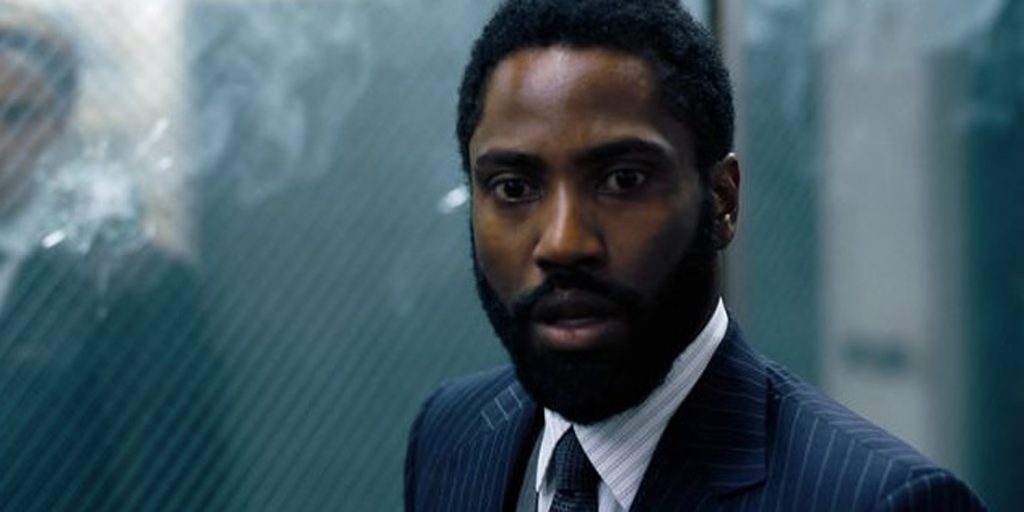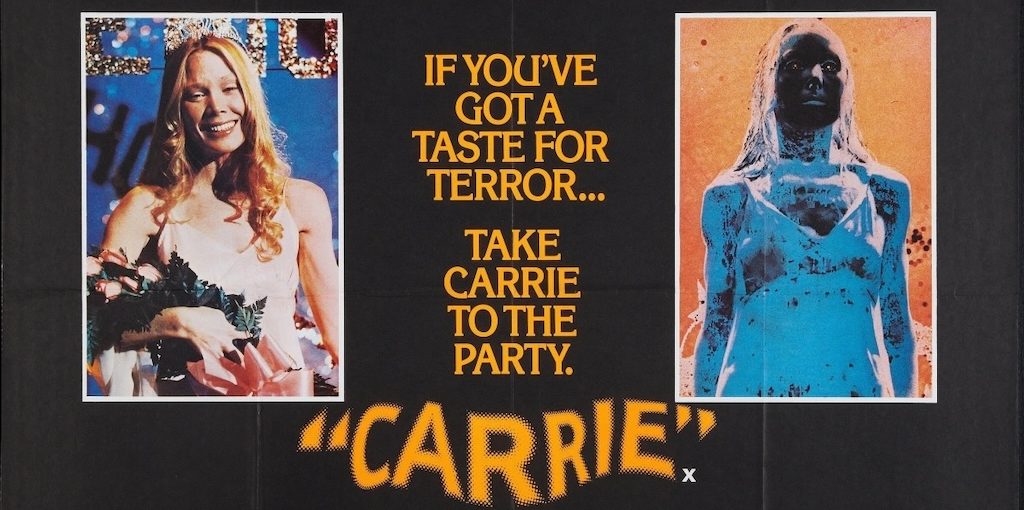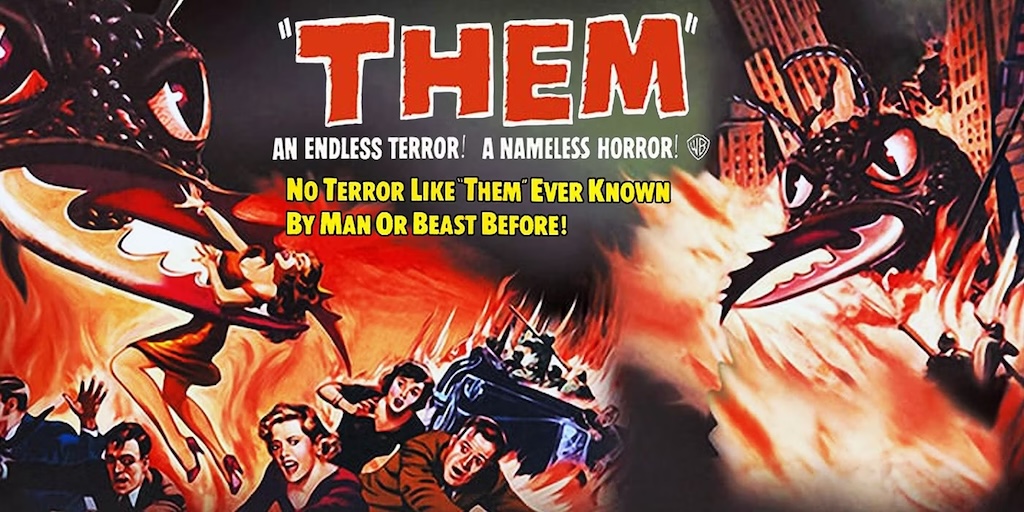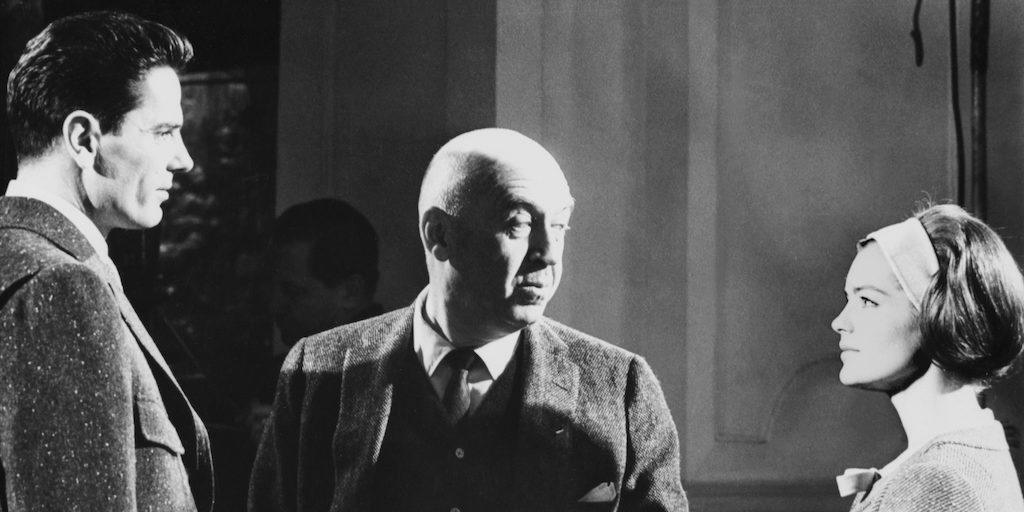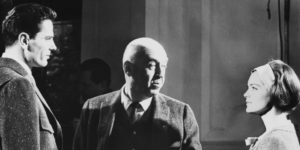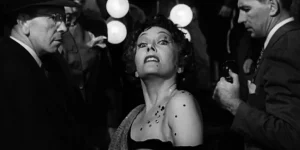THE PLOT AND JUST THE PLOT
I don’t remember when was the last time I saw an opening as sudden as Tenet‘s. There we see an orchestra getting ready to play in front of a gigantic auditorium and in less than two minutes we see terrorists barge in breaking instruments and shooting at close range. Shortly after there is an operation, a rescue from bombs, a kidnapping and an attempt by the hostage to take a cyanide pill.
Urgent times continue for Nolan and he feels the need for this man – whose name we will never know – to wake up from a coma, explain a mission to him and after a while go with a scientist who shows him some bullets that shoot out backwards and that were put together in the future.
If one were to take these first few minutes, one could easily verify two curiosities of Tenet: the first is that the protagonist does not flinch at anything, he does not show almost astonishment in the face of such unusual issues as things going in reverse. The second is that in no conversation does he show the slightest interest in finding out about other people’s lives (unless it may be functional to the operation) or recounting his own conflicts. To such an extent that during an hour of film, Tenet seems to be limited to narrating a temporary system and a complex plot of negotiations and object trafficking. As for the rest, nothing: no personal stories, no flirtations, no friendships.
I mention this because I have read on several occasions (in reviews, in comments on networks) that the problem with Tenet is that it is terribly confusing. However, I don’t think that’s the problem. Many times we have seen movies that we have a hard time following and this has never stopped us from liking them. I’m not talking about David Lynch´s disturbing eccentricities or the cryptic nightmares that some of Bergman’s best films present, but about genre films that we have a hard time following because they scatter too many clues or have too many characters, without this preventing us from connecting with them on other levels. This is how Howard Hawks understood it at some point when he filmed his beautiful and crazy version of Chandler’s The Big Sleep: a confusing policeman, impossible to follow, and yet enormously enjoyable thanks to the chemistry established between Lauren Bacall and Humphrey Bogart and several memorable dialogues.
Nolan, on the other hand, has decided to suppress any interesting human relationships in his films. His characters hardly relate, and if they do they don’t even reach the cliché of second rate. If “the protagonist” makes a sacrifice, it is for a lady. The lady, meanwhile, is a woman who just wants to reunite with her son while being subdued by a schematic villain played by a Kenneth Branagh with a foreign accent. A man who tells us that he is educated and refined because he likes the lush life of a millionaire and quotes poets (well, one: T. S. Elliot, and his most famous verses, which are, on the other hand, among the most famous in all of the history of the twentieth century literature). Also a tyrannical husband who refuses to allow others to possess his ex-wife -yes, at some point the phrase is pronounced “if I can’t have you, no one will have you”- and who -to fill all the commonplace boxes- has the secret power of destroying the world.
And while those hackneyed platitudes can still work on emotional levels, it’s almost impossible for that to happen when Nolan routinely introduces such conflicts, as if he had to put them there to give some heart to a movie with as much heart as a can. In this way, when one of the main characters makes a final sacrifice in front of the excited eyes of the protagonist, it is impossible not to see this as a ludicrously forced fact, something that the director has to include at least to feign some humanity. A similar thing happened with Dunkirk, Nolan’s film that towards the end tried unsuccessfully to introduce an emotional element to a film that worked with the rigor of a clockwork mechanism and was filmed until then with a great distance.
However, Dunkirk had a great virtue: a visual imagination when planning action scenes, especially in its very successful first half hour. In Tenet, on the other hand, the action scenes range between confusion (the protagonist’s final fight) and cliché (the protagonist pretending weakness to end up easily beating up a group of henchmen). Even the most supposedly magnificent moments like the one on the plane do not go beyond a barely striking and less ingenious sequence, let alone the peaks of the Mission: Impossible saga, but even the nonsense of the best Fast and Furious movies.
And here it is, exactly what bothers (me) the most about Tenet. Not so much its faults but its lack of ambition. That after all its previous pomp, the prestigious name of its director, its very high budget, it does not hide another secret than that of so many other second rate premieres that base their interest on some eccentricity of their plot or some cheap twist (which there are also in Tenet).
It is a cinema of plot because the plot is the only thing that stands out and what stands out, on top of that, is not understood. Frankly, I can’t imagine a more failed and lazy example of cinema than this.
(United States, United Kingdom, 2020)
Script, direction: Christopher Nolan. Cast: John David Washington, Robert Pattinson, Elizabeth Debicki, Kenneth Branagh, Michael Caine, Martin Donovan. Production: Christopher Nolan, Emma Thomas. Lenght: 150 minutes.

